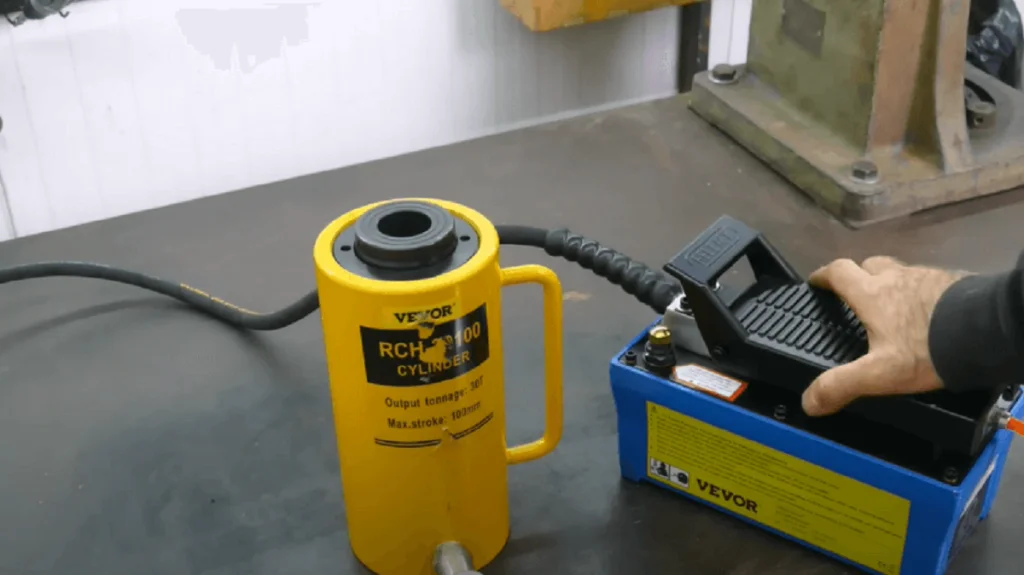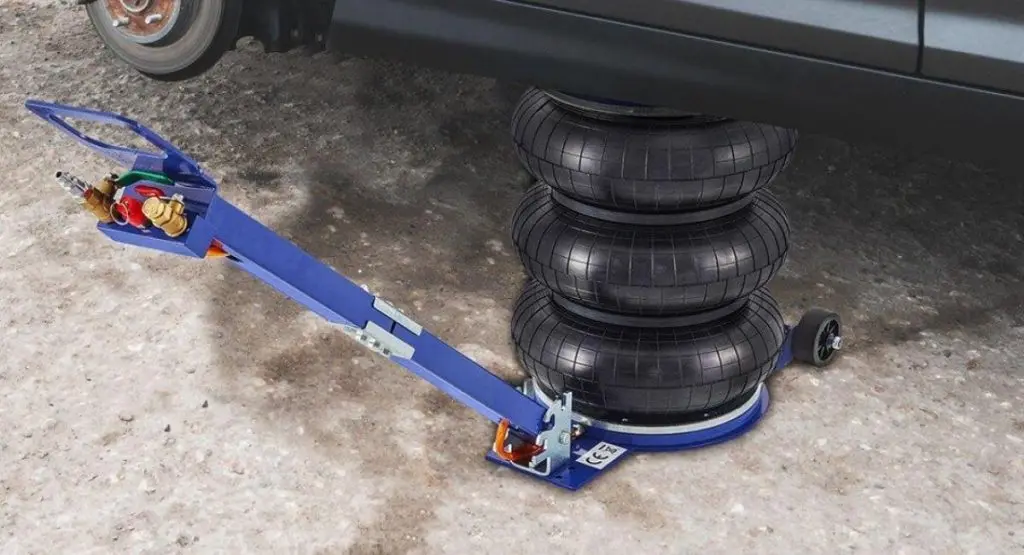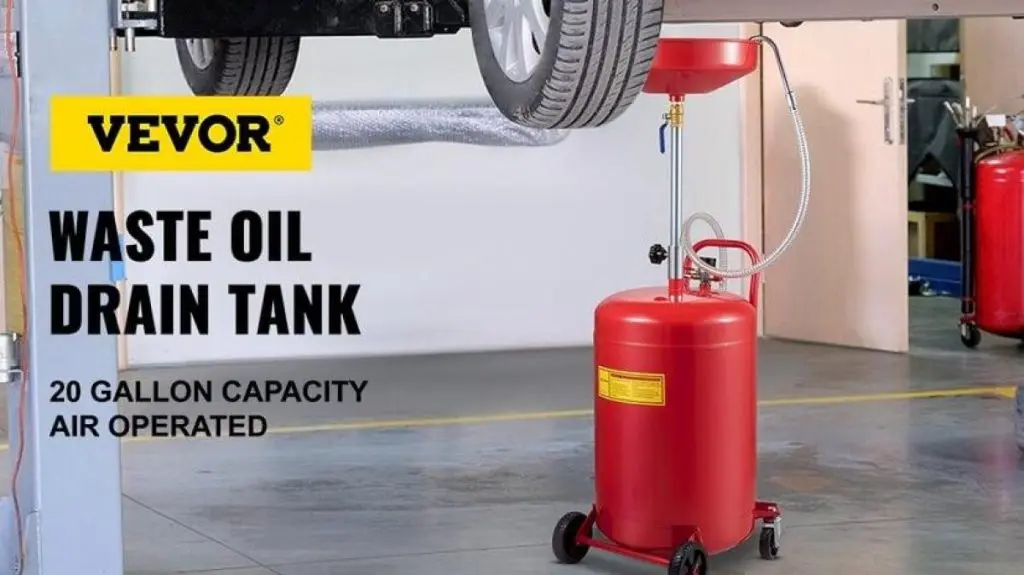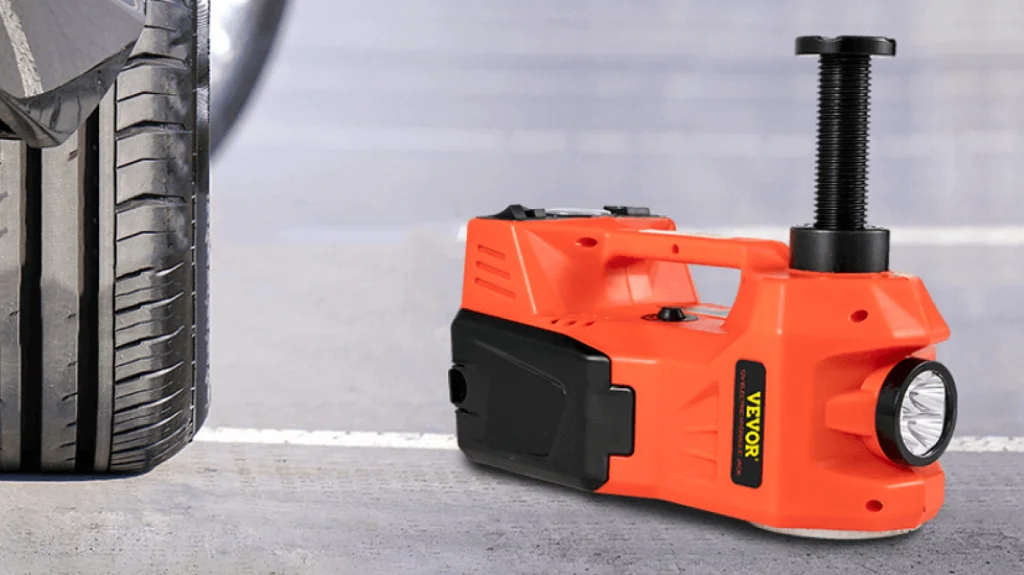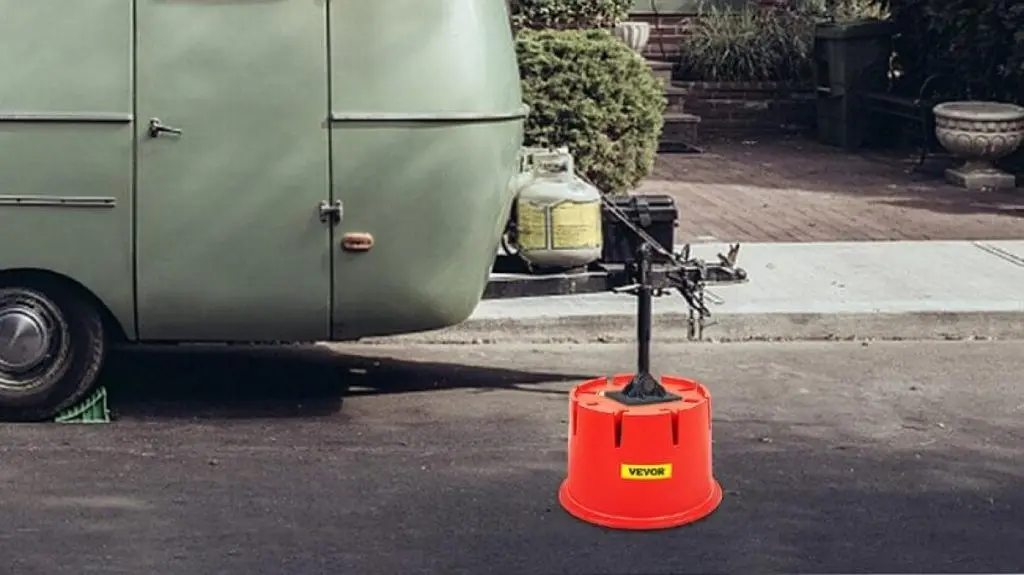You might have heard garage owners brag about the durability of hydraulic jacks. However, these super-durable tools also face challenges when misused or poorly maintained.
This section discusses some commonly occurring hydraulic jack problems and solutions to fix them almost instantly.
Whether it’s your jack’s misaligned wheels or the jack itself that won’t lift or lower at all, we’ll address them all. Don’t fret even if you notice oil leaks or an unusual appearance of the hydraulic fluid, and let’s see what we can do about it.
Table of contents
Common Hydraulic Jack Problems
Troubleshooting becomes a hundred times easier when you know what exactly to look for. Here’s how you can easily diagnose what’s wrong with your hydraulic jack:
Identifying the Signs of Hydraulic Jack Failure
To have your system operate safely, look out for signs of failure and damage, such as:
- Little oil pools beneath the surface of the jack because those indicate leakage.
- Uneven lift, slower lifting speed, or difficulty maintaining a consistent height might indicate a faulty hydraulic system. Sometimes, a compromised hydraulic system can even cause a sudden drop in the jack’s height.
- Squeaky sounds or any other odd noises, such as grinding or hissing, suggest a problem with the hydraulic pump or fluid.
Troubleshooting Slow Release and Extension Issues
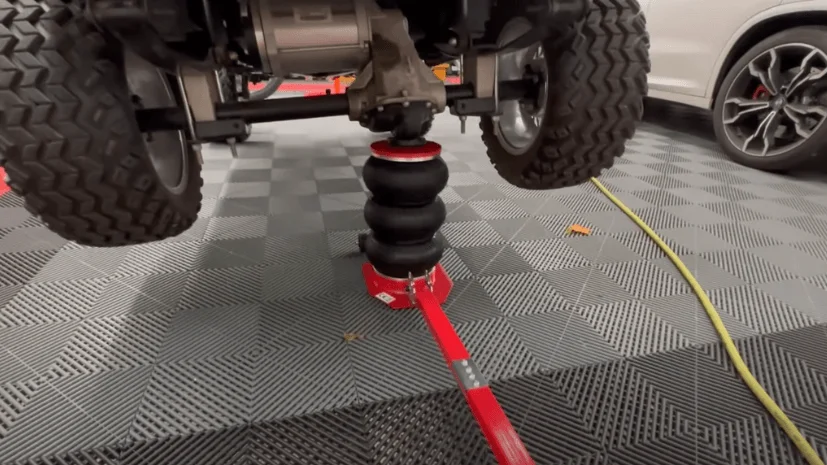
A hydraulic jack’s movement depends upon the pressure of the fluid inside it. It only makes sense that problems with the hydraulic fluid will lead to faulty or jerky lifting mechanisms.
So, in what ways can hydraulic fluid impact the jack’s performance?
● Low levels of hydraulic fluid or the presence of contaminants are likely to cause slow release and extension issues.
● Damage to the hydraulic pump or the cylinder that holds the fluid can compromise the quality of the hydraulic fluid, resulting in slow release and faulty extension.
● Extreme weather conditions have a huge impact on a jack’s performance. For instance, extreme temperatures will affect the viscosity of its fluids.
Addressing Squeaky or Damaged Wheels
Worn-out or damaged jack wheels will make odd squeaky sounds, but that’s not always the case. These sounds can also suggest worn-out wheel bearings or loose nuts that can lead to misaligned wheels.
Sometimes, all your jack might need is thorough cleaning or lubrication because debris accumulation and dryness can also be the reasons behind squeakiness.
Dealing with Damaged Frames and Foamy Oil
Have you ever wondered why the oil in your hydraulic jack appears frothy or weird in color? Well, the simple answer to this query is contamination.
Air trapped in the hydraulic system can oxidize the oil, making it appear discolored. On the contrary, if water gets inside the system, it will emulsify the oil and lead to a frothy texture.
Both water and air can enter your hydraulic system if its seals, hoses, or o-rings are worn out, eventually causing the jack’s performance to decline.
Hydraulic Jack Maintenance Tips
As we mentioned earlier, poor maintenance can lead to unnecessary issues in the performance of a hydraulic jack. Like hydraulic jack problems and solutions, maintenance tips will also help the longevity of your car’s jack.
Regular Inspection and Cleaning
Like every other machine on this planet, hydraulic jacks also require routine inspections and thorough cleaning for effective operation and overall longevity.
Make it a practice to evaluate the jack’s apparent condition. Look for visible signs of damage, cracks, or leaks in your equipment’s body, base, or lifting mechanism. Also, inspect the fittings, connections, and hoses.
Moreover, don’t forget to operate the jack once with and without load to ensure gaskets and seals are functional. Worn-out or damaged components have uneven movements and strange noises, so you must observe and listen closely.
At last, monitor the fluid levels to ensure there is no leakage.
Proper Lubrication for Smooth Operation
Lubricating your hydraulic jack’s moving parts is essential for their efficiency and overall longevity. Through lubrication, you ensure your device and its components go through minimal wear and tear due to friction.
So, we’d suggest you smear the plunger, release valve, piston, and joints with the type of lubricant or grease your jack’s manufacturer.
However, it is important to know that excessive lubrication is also a thing. By lubricating too much, you might actually risk your device’s performance rather than helping it. Overdoing will brew perfect conditions for debris and dust accumulation. Eventually, this buildup will impact the performance of your hydraulic jack.
Checking and Maintaining the Hydraulic Fluid Levels
Regular monitoring of hydraulic fluid is the key to the efficiency of your hydraulic jack.
Hydraulic fluid is the key to the operation of a hydraulic system. It must be a no-brainer to keep its levels checked and maintained.
The fluid must be optimal for the jack to perform at its best without compromising any of the constituents. If you find your jack’s fluid even slightly below recommended levels during your inspection, replenish it first thing.
VEVOR’s Maintenance Friendly Hydraulic Jacks
Speaking of maintenance, I cannot help but mention VEVOR’s hydraulic jacks.
What makes these jacks so easy to service, maintain, and repair? Of course, their excellent construction has a huge role to play. Not only are the components easily accessible, but these components are well-sealed. Therefore, you won’t have to worry about corrosion, dust, and debris accumulation every now and then.
Solutions to Specific Hydraulic Jack Problems
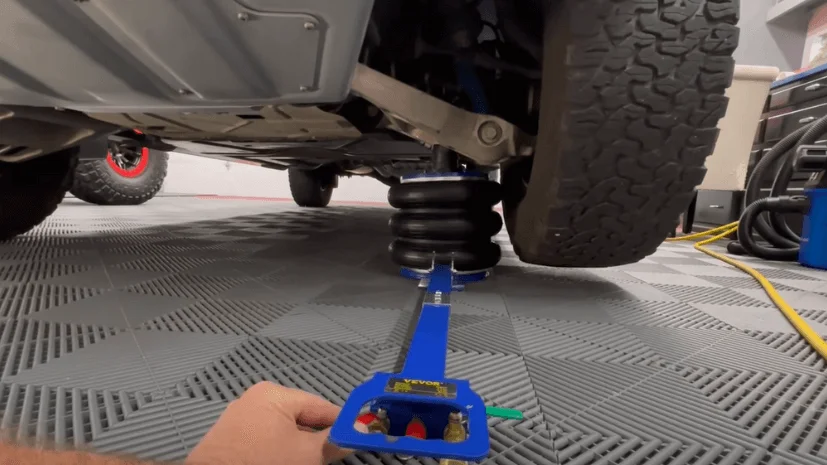
So, have you reached the root cause of your Jack’s problem? Let’s discuss some quick remedies for common hydraulic jack issues:
Fixing Hydraulic Oil Leakage
Oil leakage can indicate broken hydraulic cylinders, fittings, seals, and hydraulic hoses. So, the first step is to identify the source and then have it repaired. Also, it might be a good idea to cover the surface with thread sealant to prevent oil from leaking again.
Other than cracks, oil can leak as a result of loose fittings. Tighten the connections and test the jack in a controlled environment.
Restoring Restricted Jack Wheel Movement
If your jack’s wheels are stuck, quickly look for foreign entities that might be blocking the movement and remove the hurdles. Also, lubricate the bearings, verify that the wheels are aligned, and adjust if required.
You might also want to thoroughly inspect the hydraulic system to ensure none of its components affect the wheel movement.
Resolving Lever Failing to Raise Issues
The elevation and retreat of the hydraulic jack depend entirely on the hydraulic fluid. If you face some kind of challenges with lifting the lever, your first guess has to be the levels of hydraulic fluid. While restoring the fluid to optimal levels, don’t forget to look for any signs of contamination, such as air, debris, or water.
Lastly, ensure that the lever and all other components involved in the lifting are in good condition and lubricated.
Maximizing the Jack’s Lifting Height
If you want a jack with a height lift, invest in one with the capacity for it. However, if your device has it and you observe a decline, check for damage to the hydraulic system or air bubbles in the fluid. Replace or repair the damaged parts or the fluid if contaminated.
Advanced Troubleshooting Techniques
With such complicated devices, you must look beyond common hydraulic jack problems and solutions.
Overcoming Overloaded Jack and Safety Valve Trips
In case of overloading and tripping of the safety valve, release the pressure and make sure to remove the access weight instantly. Inspect the jack thoroughly if you suspect the load might have damaged it. Then, wait a few moments, allowing the device to cool before reusing it.
Professional Guidance for Complex Repairs
In some situations, the issues arising in your hydraulic jack will be beyond your scope. That’s when you would summon a certified technician to take matters into their expert hands. Not only will they fix it, but they will also make sure to prevent the problem from recurring.
VEVOR’s Hydraulic Jacks: Built for Durability and Efficiency
If you are out looking for an efficient hydraulic jack that excels every other model in durability, look no further than the VEVOR’s car jack.
You will find a range of useful features every garage owner needs if you review its specifications.
It has a powerful motor that can lift your car up smoothly within a couple of minutes. Not only is it easy to use, but the VEVOR jack is easy to carry around, too.
A device that’s efficient and convenient simultaneously is no less than a dream come true. In literal terms, it is a comprehensive solution to all your garage worries.
Summing Up
Proper maintenance and timely troubleshooting are two key factors to a long-living hydraulic jack.
Therefore, the purpose of today’s article was to guide you about some commonly encountered hydraulic jack problems and solutions to fix them. However, when it comes to easy maintenance, there is no better option than VEVOR.
These devices require little to no effort to troubleshoot, repair, and maintain. You can scroll our website for multiple options and narrow down some amazing ones within your budget.

